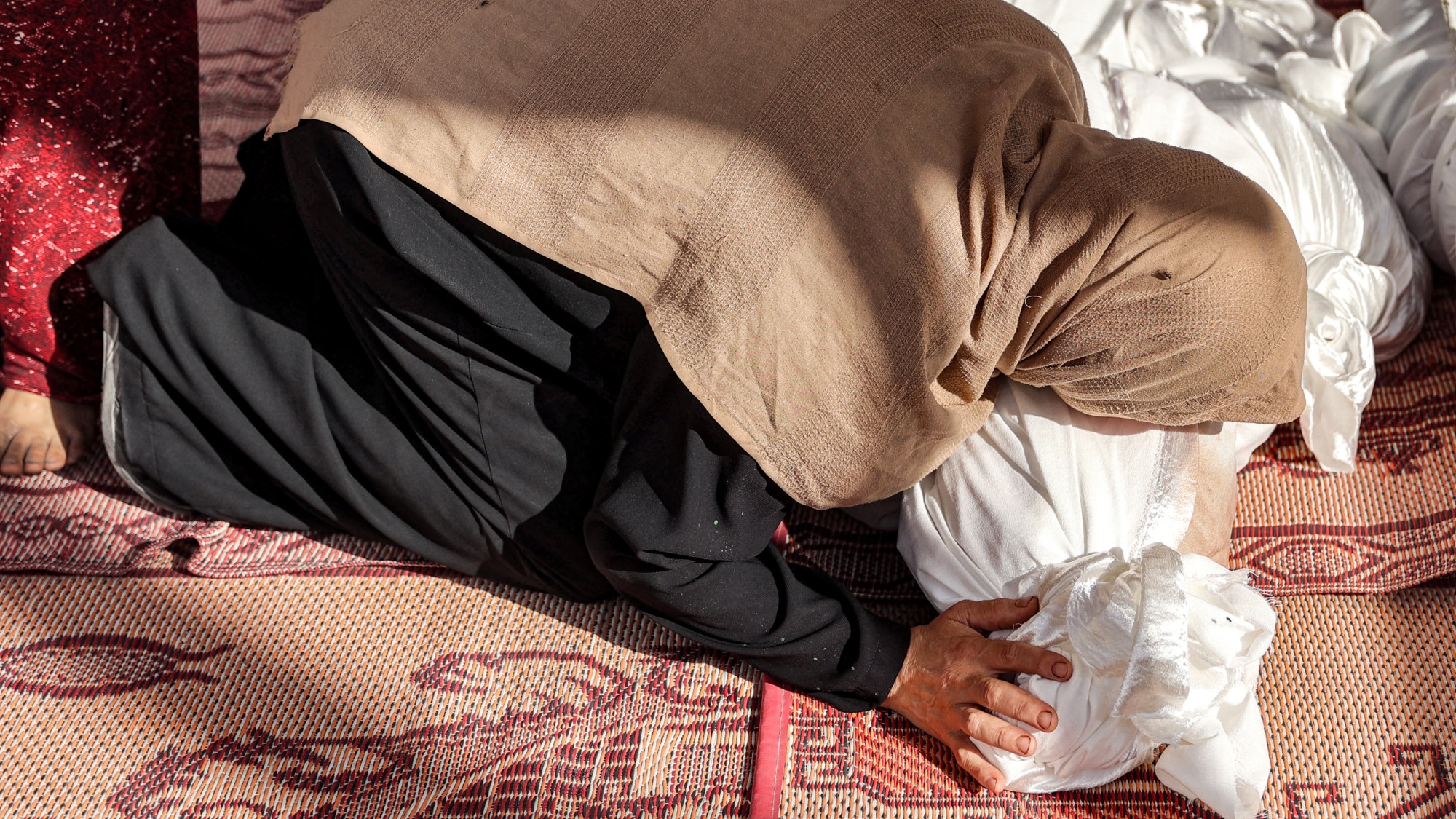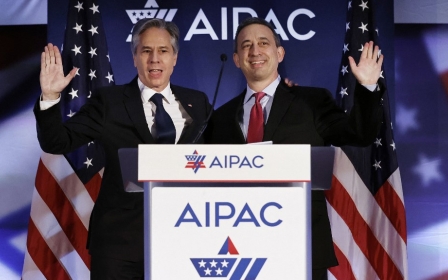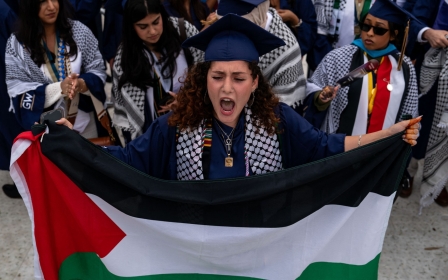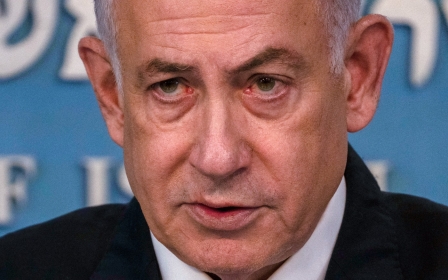War on Gaza: Haniyeh's sister among 40 killed in deadly morning of Israeli strikes

Morning Israeli strikes killed at least 40 Palestinians across Gaza City on Tuesday, as schools, homes and a hospital's vicinity were bombed.
Two homes belonging to the Haniyeh and al-Zmaili families were struck, killing 17 people, in the in the densely populated and war-ravaged al-Shati refugee camp and Shejaiya neighbourhoods, where a starvation crisis has been worsening in recent weeks.
Two UN schools turned shelters for displaced people, Abdel-Fattah Hammoud and Asma schools, were also bombed, killing 18 people, including four children, according to the Palestinian civil defence.
Others strikes hit the vicinity of the destroyed al-Shifa hospital and the Yarmouk street.
The strike on al-Shati refugee camp killed Zahr Haniyeh, the sister of Ismail Haniyeh, the Doha-based political chief of Hamas, and other members of his family.
New MEE newsletter: Jerusalem Dispatch
Sign up to get the latest insights and analysis on Israel-Palestine, alongside Turkey Unpacked and other MEE newsletters
Three of Haniyeh's sons and three grandchildren were killed in Israeli strikes in April.
"The massacres carried out by the fascist Zionist enemy against our people in the Gaza Strip is a confirmation of its government's defiance of international law, norms and humanitarian values," Hamas said in a statement condemning the Tuesday strikes.
"We hold the US administration of President Joe Biden responsible for the continuation of the war of extermination against our Palestinian people in the Gaza Strip, for continually giving the Zionist government and its criminal army the political and military cover and the time to complete the destruction and extermination in the Gaza Strip".
US 'wont be able to stop Lebanon escalation'
The attacks come as Israeli Defence Minister Yoav Gallant is currently in the US, meeting top American officials to discuss the next steps of the war on Gaza and the escalations with Hezbollah in Lebanon.
Gallant is reportedly trying to “resolve the differences” between the US and Israel at the moment, as he told US Secretary of State Antony Blinken that “this is how we will achieve our goals and weaken our enemies”.
Blinken seemed to press Israel on the issue of aid in Gaza, with the State Department saying he “emphasised the need to take additional steps to protect humanitarian workers in Gaza and deliver assistance throughout Gaza in full coordination with the United Nations”.
Blinken also warned against wider escalations in Lebanon, underscoring “the importance of avoiding further escalation of the conflict and reaching a diplomatic resolution that allows both Israeli and Lebanese families to return to their homes”.
Despite these public statements, Axios reports that the US’s presidential envoy, Amos Hochstein, told Lebanese officials last week that Washington would not be able to stop Israel from invading Lebanon if Hezbollah continues its attacks.
The report, based on tips from a US official, an Israeli official and a Western diplomat briefed on the matter, says that the Biden administration worries that both Israel and Hezbollah are miscalculating as they escalate their rhetoric and fighting.
Quoting the western diplomat, Axios says Hezbollah sent a response through third parties that while it does not want war, the Lebanese group is confident it can cause significant damage to Israel if it invades Lebanon.
Middle East Eye delivers independent and unrivalled coverage and analysis of the Middle East, North Africa and beyond. To learn more about republishing this content and the associated fees, please fill out this form. More about MEE can be found here.





